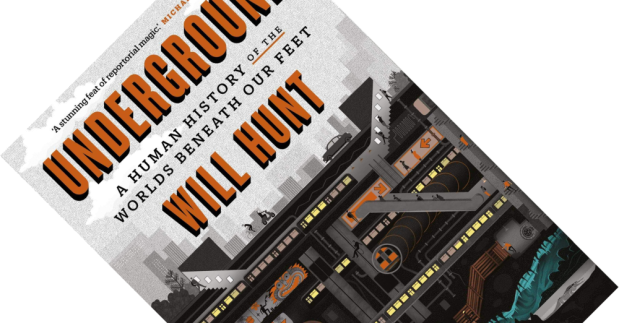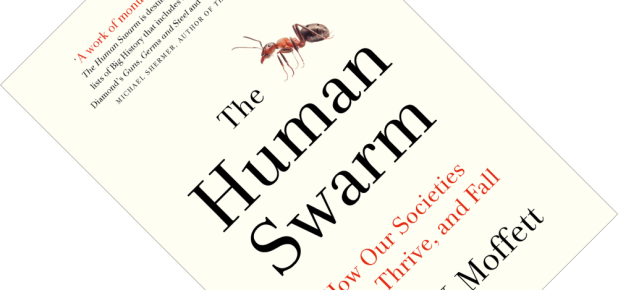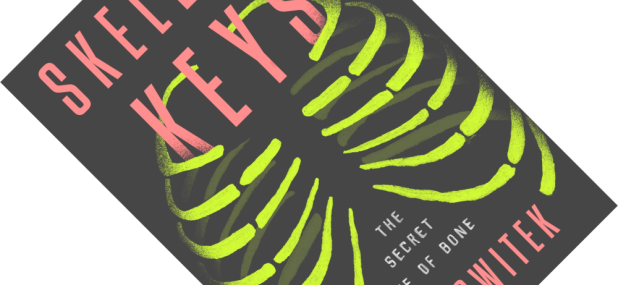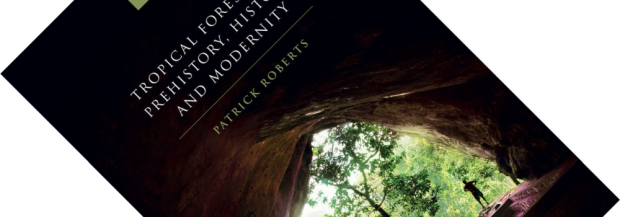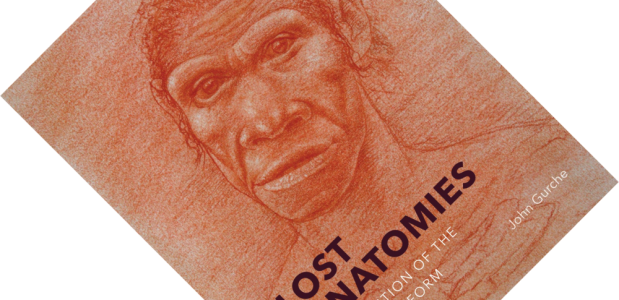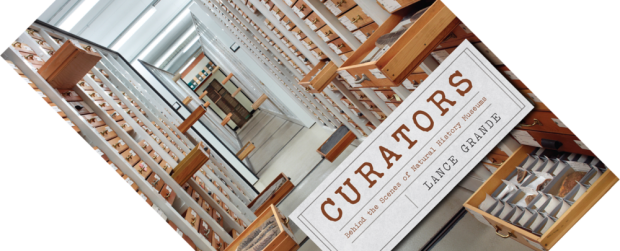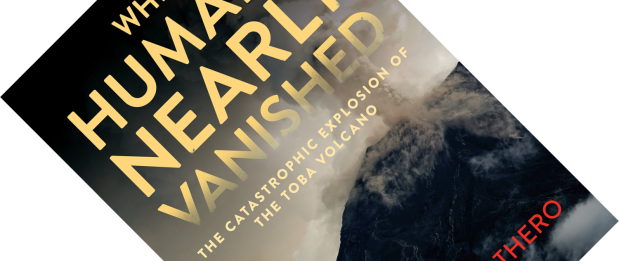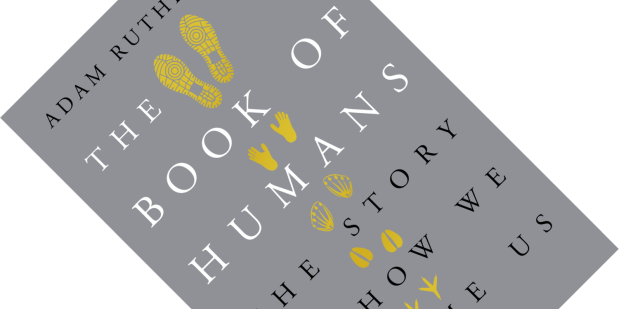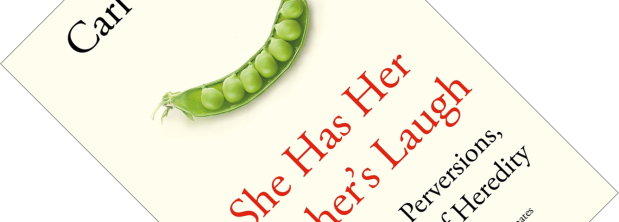Underground spaces exert a strong pull on the imagination of most people, although for some this morphs into a fascination bordering on the obsessive. American author Will Hunt is one such person, part of a worldwide community of urban explorers who infiltrate into “the city’s obscure layers”. Though this encompasses more than underground spaces, they are a big part of it, and this book is Hunt’s story of how he fell in love with them. It is one of two big books published only five months apart on the subterranean realm, and I previously reviewed Robert Macfarlane’s Underland: A Deep Time Journey. Here I will turn my attention to Underground.
anthropology
Book review – The Human Swarm: How Our Societies Arise, Thrive, and Fall
“Why, of all the species that have ever existed, have only us humans reached this unparalleled level of social organisation?” Sounds familiar? I indeed opened my review of E.O. Wilson’s recent book Genesis: On the Deep Origin of Societies with almost these exact words. Where that book (quite literally) fell a bit short of the intended mark, biologist Mark W. Moffett here delivers a sprawling big history book that considers almost the same question. Perhaps this should not come as a surprise, for Wilson has been Moffett’s mentor.
Book review – Skeleton Keys: The Secret Life of Bone
From Skeletor to the Danse Macabre, from Army of Darkness to ossuaries and holy relics – despite being largely hidden in life, skeletons are some of the most recognizable structures that nature has produced. Science writer Brian Switek has written a sizzling little book with Skeleton Keys* that delves into both the biological and cultural significance of human bones, showing them to be more than just a powerful reminder of death and mortality.
Book review – Tropical Forests in Prehistory, History, and Modernity
Primaeval, pristine, playground of Indiana Jones, home to ancient ruins and primitive tribes – nothing says wilderness more than tropical rainforests. They have had a firm grip on our collective imagination for centuries as the antithesis of civilization. But after reading archaeologist Patrick Roberts’s Tropical Forests in Prehistory, History, and Modernity, it seems my introduction is a load of lyrical rubbish. Synthesizing an enormous body of scientific literature, this book dispels the Victorian-era explorer-mystique to reveal a picture that is far more fascinating.
Book review – The Goodness Paradox: How Evolution Made Us More and Less Violent
Humans. How is it that you can herd 200 of them into an aeroplane without a riot erupting, while they also commit unspeakable atrocities such as torture, genocide, and war? Anthropologist Richard Wrangham calls it the goodness paradox. In this well-reasoned book, he surveys research from a range of disciplines to try and answer why humans show this odd combination of intense calm in normal social interactions and a ready willingness to kill under certain other circumstances.
Book review – Lost Anatomies: The Evolution of the Human Form
Are science and art strange bedfellows? The answer to this tricky question will hinge on your definition of art. Science and illustration certainly are not. American palaeoartist John Gurche has spent three decades studying ape and human anatomy and making reconstructions of early humans. Amidst all this professional work, he has been quietly building a private portfolio of more artistic images as a creative outlet. After 27 years, this body of work is gathered here in Lost Anatomies. It is an exceptional and beautiful collection of palaeoart that occasionally ventures into slightly psychedelic territory, without ever losing sight of the underlying science.
Book review – Curators: Behind the Scenes of Natural History Museums
One fond memory I have of studying biology at Leiden University in the Netherlands was a behind-the-scenes tour for first-year students at the then brand new location of Naturalis Biodiversity Center. This included a tour of the main tower housing the scientific collection normally off-limits to the general public. This is the domain of the museum curator, but their work involves much more than spending time amidst storage cabinets. To get a good idea just how diverse this job is, look no further than this lively and beautifully presented memoir. Here, Lance Grande tells of his career of more than thirty years as a curator at the Field Museum in Chicago.
Book review – When Humans Nearly Vanished: The Catastrophic Explosion of the Toba Volcano
When it comes to big volcanic eruptions, names such as Vesuvius, Mount Saint Helens, and Krakatau will ring a bell. But all of these are dwarfed by a far larger eruption that few outside of the science community will have heard of. Noted geologist, palaeontologist and author Donald R. Prothero here tells the story of the eruption of Mount Toba in what is nowadays Sumatra, Indonesia, some 74,000 years ago. An eruption so gargantuan that it almost wiped out the human race.
Book review – The Book of Humans: The Story of How We Became Us
Historically, humans have long considered themselves special compared to the natural world around them. It shows, for example, in old depictions where humans are at or near the top of a chain of lifeforms, with only angels and gods above us. Darwin caused a tremendous ruckus by saying we were descended from primates, and evolutionary biology has since had a long history of diminishing our anthropocentric worldview. With The Book of Humans, self-professed science geek Adam Rutherford has written an entertaining exploration of human evolution, showing that, amidst the teeming multitudes of lifeforms surrounding us, we are really not that special. And yet we are.
Book review – She Has Her Mother’s Laugh: The Powers, Perversions, and Potential of Heredity
If Charles Darwin were to walk into my office today and ask me: “So, what did I miss?” I think I would sit the good man down with a copy of She Has Her Mother’s Laugh, telling him: “Here, this should get you up to speed”. Darwin struggled to explain how traits were being inherited from generation to generation. As New York Times columnist Carl Zimmer shows in this wide-ranging book, the story of heredity has turned out to be both diverse and wonderful, but has also been misappropriated to prop up some horrible ideologies.

